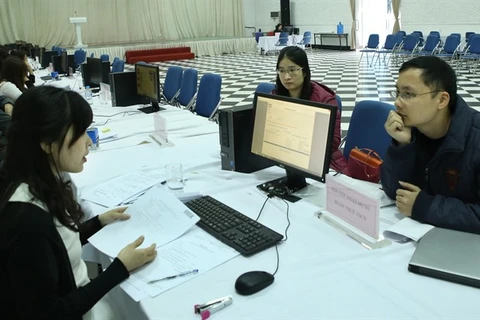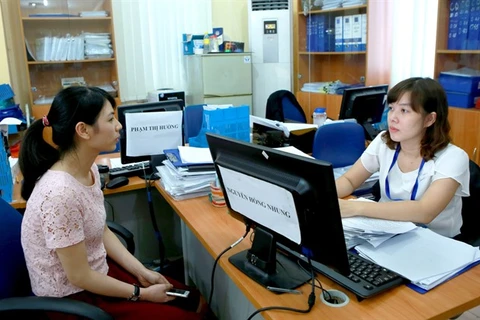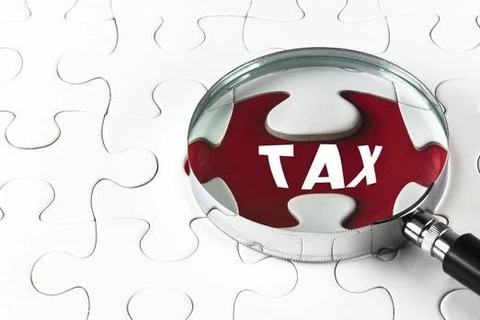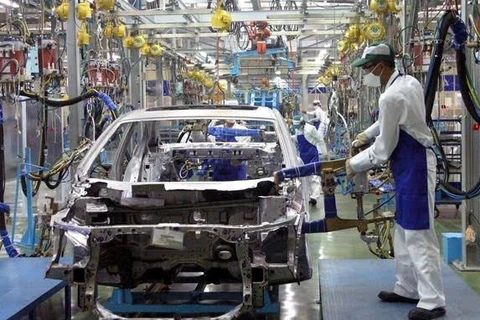Hanoi (VNA) - Increasing value-added tax (VAT) does not help boost economic growth, but it can increase the poverty rate, said a report announced by the Vietnam Institute for Economic and Policy Research (VEPR) under the University of Economics and Business - Vietnam National University in Hanoi on June 28.
According to the report “Impacts of value-added tax on Vietnam’s economy and household welfare”, VAT plays an important role in Vietnam's economy.
Under a draft law proposed recently by the Ministry of Finance (MoF), the VAT rate will be doubled to 20 percent.
Ass. Prof., PhD. Nguyen Duc Thanh, Director of VEPR, said raising taxes is always a controversial issue in every country worldwide. Vietnam is no different.
The report points to a number of findings that contribute more viewpoints to this debate, he said.
Thanh said the report predicts the impact of VAT increase on household welfare, which is measured by average expenditure and poverty rate.
According to PhD. Nguyen Viet Cuong from the National Economics University, in impact on poverty, VAT can only affect low-income or near-poor families.
Households with high living standards will cut their spending, but this will not make them fall into poverty, he noted.
Households with many members, a high proportion of children and elderly people aged 80 and above, and a high rate of labourers, are most affected by poverty. Those specialising in agriculture and with a lack of education or skills are also more affected by poverty.
The report said the State needs to strictly consider the adjustment of VAT as it can impact budget collection, economics and poverty reduction.
From the macro perspective, the report’s findings also show with the proposal to raise taxes by 1.2 times by the MoF, State budget revenue will increase by 4.9 percent. If the Government uses the additional taxes for development investment, total investment in society will rise by 1.7 percent, but total household income and expenditure will decrease by more than 0.9 percent. As a result, the real output of the national economy will not increase.
With the plan to increase the tax rate for goods taxed at 5 percent to 10 percent, State budget revenue will increase by 2 percent. If the Government uses this amount for development investment, the total investment in society will be up nearly 1.8 percent, but total household income and expenditure will be up by 1 percent.
With these analyses, the report stressed that increasing taxes will not make the net output of the economy increase, but will make welfare of all households in society decrease.-VNA
VNA


























